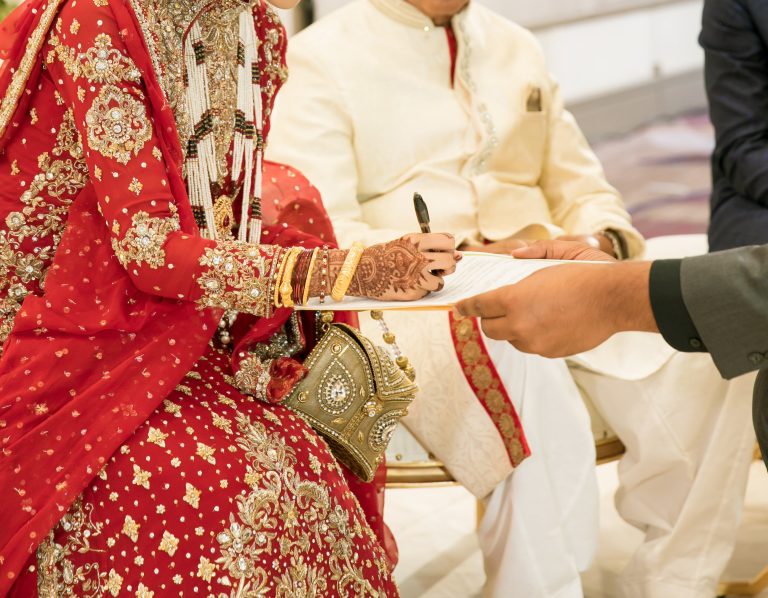Exploring the Four Conditions of Marriage in Islam
4 conditions of marriage in islam
Marriage holds a significant place in Islamic teachings, emphasizing the importance of building strong and enduring relationships based on faith, love, and mutual respect. In Islam, marriage is governed by principles that ensure the well-being of both partners and uphold the sanctity of the institution. This guide delves into the four conditions of marriage in Islam, shedding light on the foundational aspects that shape marital unions within the faith. 4 conditions of marriage in islam
Offer and Acceptance (Ijab wa Qabul):
The first condition of marriage in Islam is the offer and acceptance between the bride and groom, known as “Ijab” and “Qabul” respectively. The groom or his representative proposes marriage to the bride or her guardian, expressing the intention to enter into the marital contract. The bride or her guardian then accepts the proposal, signaling consent to the union. This exchange of consent forms the basis of the marriage contract and is essential for its validity.
Witnesses (Shuhud):
Another condition of marriage in Islam is the presence of witnesses during the marriage contract. Islamic law stipulates that the marriage ceremony must be witnessed by at least two witnesses, preferably upright and trustworthy individuals who can testify to the validity of the contract. These witnesses attest to the offer and acceptance exchanged between the bride and groom, ensuring transparency and accountability in the marital agreement. 4 conditions of marriage in islam



Mahr (Dower):
The third condition of marriage in Islam is the payment of the “mahr” or dower by the groom to the bride. Mahr is a mandatory gift or financial sum given by the groom to the bride as an expression of his commitment and obligation towards her. It serves as a symbol of respect for the bride’s rights and dignity within the marital relationship. The amount and nature of the mahr are agreed upon by the bride and groom or their representatives before the marriage contract is finalized. 4 conditions of marriage in islam
Legal Guardianship (Wali):
The fourth condition of marriage in Islam involves the presence of a legal guardian, known as the “wali,” for the bride during the marriage contract. The wali is typically the bride’s father, but in cases where the father is absent or unable to fulfill the role, other male relatives or designated guardians may act as the wali. The wali’s role is to ensure that the bride’s interests are protected and that the marriage contract is conducted in accordance with Islamic principles. 4 conditions of marriage in islam
The four conditions of marriage in Islam encompass essential elements that uphold the integrity and sanctity of marital unions within the faith. By adhering to principles of consent, accountability, respect, and guardianship, Muslims ensure that their marriages are founded on mutual understanding, trust, and commitment. Understanding and implementing these conditions contribute to the establishment of harmonious and enduring relationships that are guided by Islamic values and principles. 4 conditions of marriage in islam
Conclusion:
In the quest for a life partner within the Muslim community in Pakistan, HN Matrimonial’s Muslim Matrimonial Service stands out as a beacon of cultural reverence and religious alignment. Through a combination of advanced technology, cultural sensitivity, and a commitment to privacy, HN Matrimonial offers a platform where the journey of finding a soulmate is seamlessly intertwined with Islamic values, creating a path for enduring and meaningful unions. If you have any quires then emails us on info@red-loris-219597.hostingersite.com or call us on +92 300 0986486 or visit our website today hnmatrimonial.com






